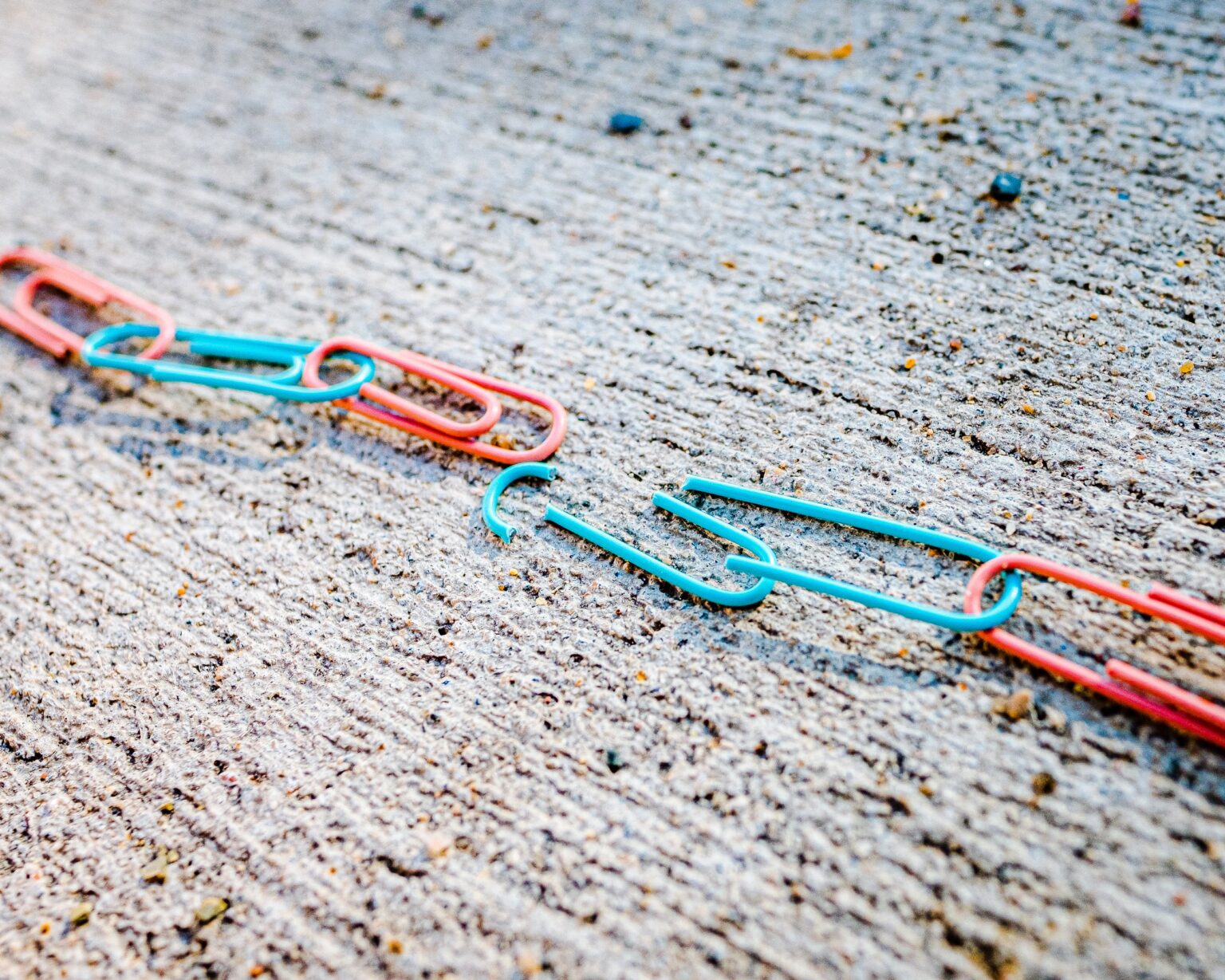81 Civil Society organizations from Greece and abroad, including the Diotima Center, co-sign a joint letter as part of a pan-European campaign against the bill that attempts to make co-custody mandatory for all children in Greece. Read the entire letter below:
Athens, May 11, 2021
To the attention of Mr. Kyriakos Mitsotakis, Prime Minister of Greece
Dear Mr. Mitsotakis,
We, the undersigning Organizations, have been made aware of the alarming content of the Greek Bill entitled “Reforms regarding parent-child relations and other family law issues” that the Greek Minister of Justice set on public consultation and intends to propose for voting to the Greek Parliament.
Its provisions blatantly violate legally binding International instruments regarding the human rights of all domestic violence victims (children and mothers mainly) to safety and protection, specifically:
- Istanbul Convention, (Law 4531/2018)
- 2012/29/EU Directive on Victims’ Rights (Law 4478/2017)
- UN Convention on the Rights of the Child (Law 2101/1992)
The child is approached from the perspective of a deeply patriarchal society, as a passive recipient of the exercise of parental rights, not as a rights holder; namely, the Bill is indifferent to the childs’:
- best interest, which is not assessed for each child individually but is exclusively considered to be the presence of two parents in her/his life for ALL children; it imposes “joint and evenly exercised parental custody” as the rule for ALL children with separated parents
- will and opinion: even though it introduces a plethora of mandatory extrajudicial proceedings (private contracts, mediations) before, during, and after court, the child’s opinion is not to be sought in any of them, unless the case reaches the court.
Domestic violence victims (children and non-abusive parents, mostly mothers) are exposed by the Bill to a greater danger than they were already in:
- the rule of “joint and evenly exercised parental custody” obliges the child to be in physical contact with the parent s/he doesn’t reside with, “for at least 1/3 of the total communication time, unless this parent requests shorter time”; the child’s refusal is considered parental alienation by the other parent, punishable by removal of custody
- for implementing the aforementioned rule, parents are mandated to multiple direct contacts and conciliations while, for modifying it, multiple mediations (before, during, and after court) are recommended or mandated, in which sessions of the simultaneous presence of the two parties is the only option; there is no exception for domestic violence victims-perpetrators
- the parental rights of the parent-perpetrator and his/her contact with the child can be restricted or ceased only after being convicted by the court of the first instance for crimes of domestic violence or crimes against sexual freedom or crimes of financial exploitation of sexual life; in Greek courts’ reality, this means that ALL perpetrators are granted unhindered access to their victims for more than 2-5 years.
Knowing that in Greece:
- the majority of abused women who have children with their abusers, don’t resort to penal courts for the domestic violence they are suffering; instead, they try to escape from the abusive home via civil court decisions, in order to obtain restriction/protection orders against the perpetrator and to regulate the situation for children’s custody and contact with the other parent, child support, etc.
- mediation is mandatory for all cases concerning parental custody and contact with children in order for the case to reach the civil court (Law 4640/2019, art. 6) and penal mediation is strongly recommended for misdemeanors of domestic violence (Law 3500/2006)
- there is no discrete Child Protection System, no process for mandatory reporting of child abuse/neglect, and no process for supervised parental contact
- the protection provided to domestic violence victims is inadequate because most of the related provisions of the Istanbul Convention (art. 51-53) and of the 2012/29/EU Directive (Art 19, 20 & 22-24) are still inactive: inexistent risk assessment and management, emergency barring orders cannot be enforced, while breaches of restraining/protection orders are neither monitored or punished
We express our great concern that such a Law will further weaken the inadequate protection that is currently provided to domestic violence victims (mothers and children) because it will expose them to greater risk than they are already in and will extremely impede their access to Justice (Civil and Penal) in order to ask protection.
The violations of human rights and of legally binding, International and European, instruments DO NOT disappear by the simple addition, in Article 1, of the phrase “its provisions are interpreted and applied in accordance with the legally binding for the country international conventions, in particular the Istanbul Convention, and can not be considered as justifying the non-compliance with the obligations arising from them”.
We trust that you share our great concern for all children and women that will be affected in case this Bill becomes a Greek Law and that you, like us, will prioritize the safety and well-being of all children and mothers who suffer domestic violence.
WE CALL you to withdraw this Bill and compel the Minister of Justice to initiate an open and substantive consultation with ALL competent agencies, including NGOs and Women Organizations.
Most respectfully,
Signatories
- A.L.E.G. Romania
- AC Vive Zene Bosnia and Herzegovina
- Alliance of Women in Slovakia Slovensko
- Asociación AMIGA por los derechos humanos de las mujeres Spain
- Asociatia Casa Ioana Romania
- Aspacia Foundation Spain
- Associació Helia Spain
- Associatio for Nonviolent Communication Slovenija
- Association des Femmes de l’Europe Meridionale (AFEM) Europe OING dotée de statut participatif auprès du Conseil de l’Europe
- Association française des femmes diplômées des universités France
- Associazione Toponomastica femminile Italia
- Bounds (UMAR) Portugal
- Ca la dona Spain
- Centre for Research and Action on Peace (KEDE) Women’s Organization – ΚΕΔΕ Κέντρο Έρευνας και Δράσεις για την Ειρήνη, Greece
- Community Safety and Mediation Center Romania
- Conexus Association Spain
- Counselling Line for Men and Boys Albania
- Counselling Line for Women and Girls (National Helpline 116117) Albania
- Creación Positiva Spain
- Cultural-Humanitarian Fund “Sukhumi” Georgia
- Dissens – Institute for Education and Research e.V. Germany
- Dziewuchy Berlin Germany
- ECICW – European Centre of the International Council of Women Europe
- Encore féministes ! France
- European Alternatives France
- European Anti-Violence Network Greece
- European Network of Women – Greece
- Feminist Collectivity Theodora Greece
- Fundació Aroa (Aroa Foundation) Spain
- Garance ASBL Belgium
- Gender studies center, Panteion University, Greece
- Gender Studies Research Group – University of Balearic Islands Spain
- ICBT – Institute of Cognitive Behavioral Therapy Albania
- In Bona Fide Croatia
- International Council of Polish Women Poland
- Maghweb Italy
- Marche mondiale des femmes /Suisse Suisse
- Mediterranean Institute of Gender Studies Cyprus
- Munincipality of Agios Dimitrios – Attica Greece
- Necuvinte Association Romania
- Network Forum Malta
- Observatori d’Igualtat de Tracte i Oportunitats Spain
- Partito della Rifondazione Comunista Italia
- positive change service United Kingdom
- Public Union “Clean World” AID to Women Azerbaijan
- Respect United Kingdom
- Romanian Women’s Lobby Romania
- Romski centar za žene i decu Serbia
- Scottish Rural Action Scotland
- Sisters Uncut Manchester United Kingdom
- Sitges Voluntaris Socials Spain
- Social Intervention for West Athens _Citizens’ Initiative Greece
- StoP – Stadtteile ohne Partnergewalt e.V./Prof. Dr. Sabine
- Stövesand Germany
- The Drive Partnership UK
- The European Network of work with perpetrators WWP EN Germany
- The Healing Tree community for Mental Health (Koin.S.Ep/Social Enterprise) Greece
- The House of Women for Empowerement & Emancipation (Το Σπίτι των Γυναικών, για την Ενδυνάμωση & τη Χειραφέτηση) Greece
- “TOMOV” Women’s rights association Greece
- Toutes Aux Frontières /groupe suisse Suisse
- UMAR – União de Mulheres Alternativa e Resposta (Women’s Association) Portugal
- Una Casa per l’Uomo Italia
- Union of Women Associations of Heraklion Prefect – Σύνδεσμος Μελών Γυναικείων Σωματείων Ηρακλείου & Νομού Ηρακλείου Greece
- Unizon Sweden
- WAVE Network Europe
- Women Center “Light Steps” Albania
- Women’s Law Center Republic of Moldova
- Women’s Aid Federation of England United Kingdom
- Women’s Law Center Republic of Moldova
- Women’s Support and Information Centre NPO Estonia
- Xarxa Europea d Dones Periodistes Spain
- YWCA of Greece (XEN Ελλάδος) Greece
- Zéromacho – des hommes contre la prostitution et pour l’égalité France
- Zukunftskonvent Germany Germany
- Γραμματεία Ισότητας ΟΤΟΕ Greece
- Δήμος Μεταμόρφωσης Greece
- Ένωση Αμερικανίδων Ελλάδος, Greece
- Θρυαλλίδα Σύλλογος Κοινωνικής και Πολιτιστικής Παρέμβασης, Greece
- Κέντρο Διοτίμα Greece
- Κέντρο Συμβουλευτικής Υποστήριξης Γυναικών Δήμου Βέροιας, Greece
- Ξενώνας Φιλοξενίας Γυναικών Δήμου Λαμιέων, Greece





